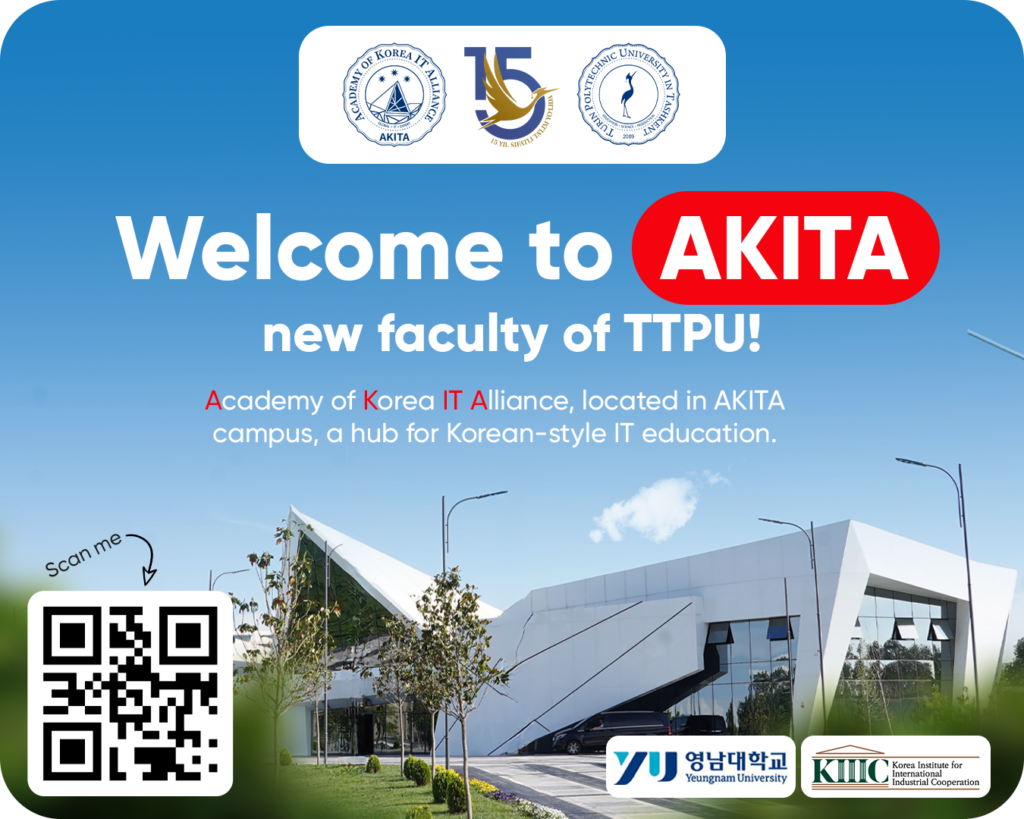INFORMATION TECHNOLOGIES AND PROGRAMMING IN INDUSTRY (COMPUTER ENGINEERING)
Teaches integration of hardware and software systems, with in-depth knowledge of operating systems, programming languages, techniques and software engineering methods, principles and technologies for modeling, designing and managing databases.
MECHANICAL ENGINEERING
Teaches technical design, applied physics, electrical engineering and electrical machinery, materials, applied mechanics, structural mechanics, fluid mechanics, testing and measurements, planning and design of machines, thermal and fluid machinery, production technologies, and industrial plant and equipment.
